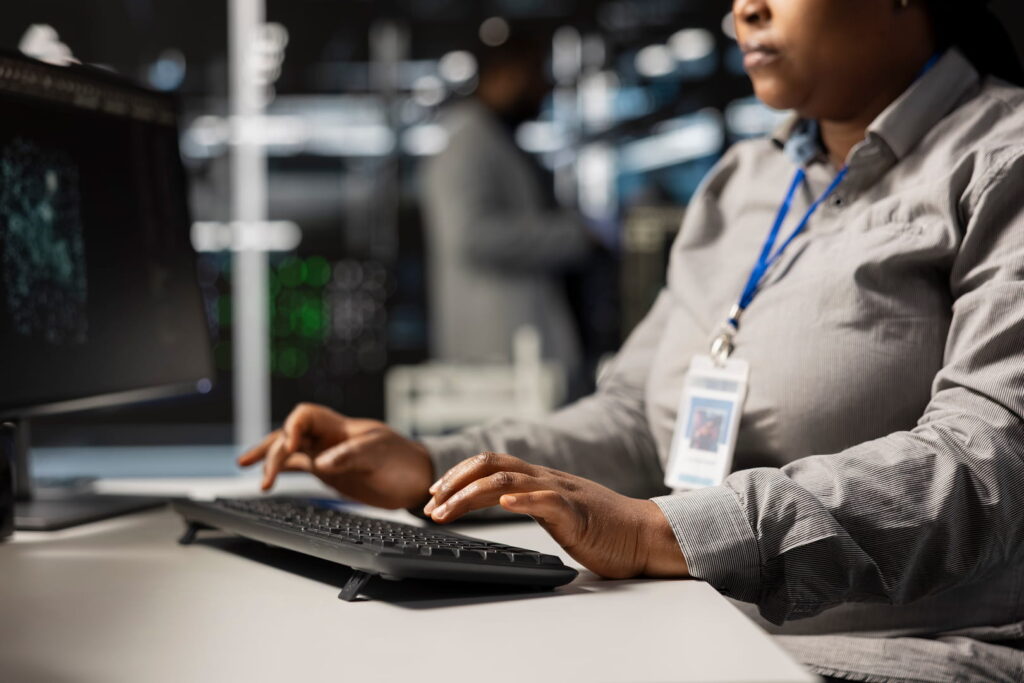COVID-19 changed just about everything in our daily lives, across both the supply and demand side of our economy. Nearly everyone yearns for a return to “the old normal.”
According to the surveys I’ve seen, consumers are pivoting toward brands that “take care of the basics”:
- Saving money
- Customer service
- Helping them feel secure
- Saving time
Consumers need to feel safe in order to resume buying in person. Merchants who minimize risks will benefit from the coming wave of pent-up demand and shifting brand loyalties.
Restaurants and shops creating safe environments whilst delighting customers with exceptional experiences will be the biggest winners of all, as several industries have seen an uptick in consumer propensity to switch preferred brands.
Technology’s role in the “new normal” customer experience
Consumer brands hyper-focusing on security and safety are reaping the rewards of their strategies. Security by design is always in style. However, some measures come at the expense of convenience. Think long queues, sanitization requirements and hand-washing stations.
Technology can be used to improve the overall customer experience by streamlining other activities. A security-by-design approach unlocks new ways to reduce touchpoints. One such fresh approach is KodyPay, a UK-based startup transforming financial transactions with a twist that my firm, TES Enterprise Solutions, recently helped launch.
KodyPay, a fintech startup co-founded by 20-year-old wonderkid Yao-Yun (Yoyo) Chang, aims to give small to medium sized retailers and restaurants the means to do exactly that using “socially distanced payments.”
The simplicity of the design is impressive. KodyPay removes all the complexity and expense of financial transactions. In a matter of minutes, and without IT skills, a merchant can start accepting socially distanced payments from a wide variety of credit cards, debit cards, e-wallets, and pay-later providers. One more COVID-19 problem solved, dead simple.
While contactless payments systems are not new, KodyPay’s approach is novel with an eye to be “secure by design.” KodyPay see themselves as stewards of customer data and believe data breach is detrimental to business. Data must be secured, always, from end to end. Their choice in infrastructure emphasizes their strategic prowess.
Rather than simply spinning up a few servers on the public cloud and starting to sign up clients, KodyPay decided to get the infrastructure correct from day one. I’ve been impressed from the beginning with the maturity of Yoyo, and his focus on protecting his customers’ data as the number one priority, recognizing the role hardware can play in creating a competitive differentiator.
With the support and guidance from TES, KodyPay runs on IBM LinuxONE and IBM DS8000. For companies like KodyPay with sensitive data that cannot be compromised, breached or exposed, I see this as the ideal stack.
All combined, it’s no surprise partnerships have been made with industry leaders like Cybersource, a Visa solution. Furthermore, a former partner at Goldman Sachs, Hank Uberoi joined KodyPay as Chairman earlier this year. Most recently, Uberoi was the Executive Chairman of cross-border payments company Earthport, which Visa acquired in 2019 for approximately £247 million.
Technology as revenue driver and cost reducer
Contactless payment systems eliminate the need to sanitize POS equipment, resulting in faster checkout times and lower operating costs. Faster checkout times mean more customers per hour, reducing wait times to enter shops. Less waiting means less cart abandonment or waning desire to shop. Speed equals convenience. This convenience delivers the double impact of higher revenues per hour and lower operating costs, much needed by SMBs right now. KodyPay helps bring convenience and safety back together.
This is what excites me about KodyPay. They have a transformative solution for today, and future positioning for tomorrow that will help address our other global crisis: climate change.
The overall design of KodyPay is quite elegant. Less POS hardware means less stuff. Fewer materials extracted from the earth, less electricity consumed, less waste.
As university students return to class at the University of York and beyond, I’m hopeful the students will have one less thing to worry about and have faster checkout times thanks to KodyPay.
Republished from IBM IT Infrastructure
By Rob Davis
September 11, 2020
